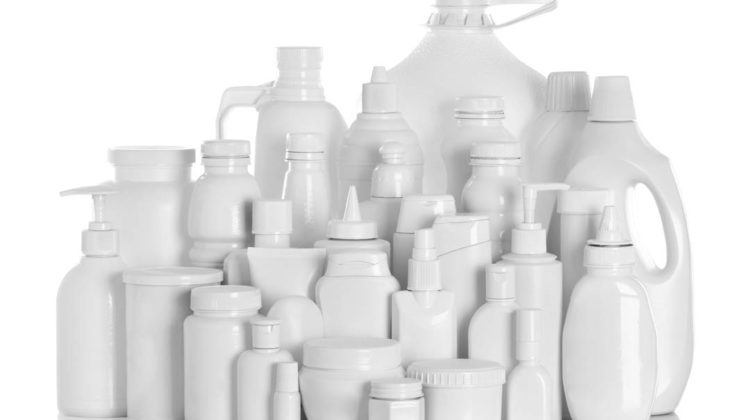
The Organisation for Economic Co-operation and Development (OECD) has published a report on the benefits of integrating sustainable chemistry into the design process for sustainable plastic products.
Building on a 2018 OECD publication, the new report aims to help designers and engineers make informed decisions when choosing and incorporating sustainable plastic during the conceptualisation phase of their products.
The report analyses four sector-specific case studies on insulation, flooring, biscuit wrappers and detergent bottles. Its production involved a mixture of literature reviews, interviews and workshops with chemists and suppliers, examining the chemicals perspective on the material selection process. It presents an integrated approach to selecting sustainable plastics, identifying sustainable design goals, life-cycle considerations and trade-offs between life-cycle phases.
The report concludes with a discussion of the current limitations and makes a number of recommendations, including identifying and addressing knowledge gaps in the scientific understanding of plastic chemicals; broadening the scope of the discussion to include other materials families; continuing to promote chemical innovation; integrating sustainability design goals earlier in the design process; and involving more stakeholders.
Entitled ‘A Chemicals Perspective on Designing with Sustainable Plastics: Goals, Considerations and Trade-offs’, the report can be found here.


